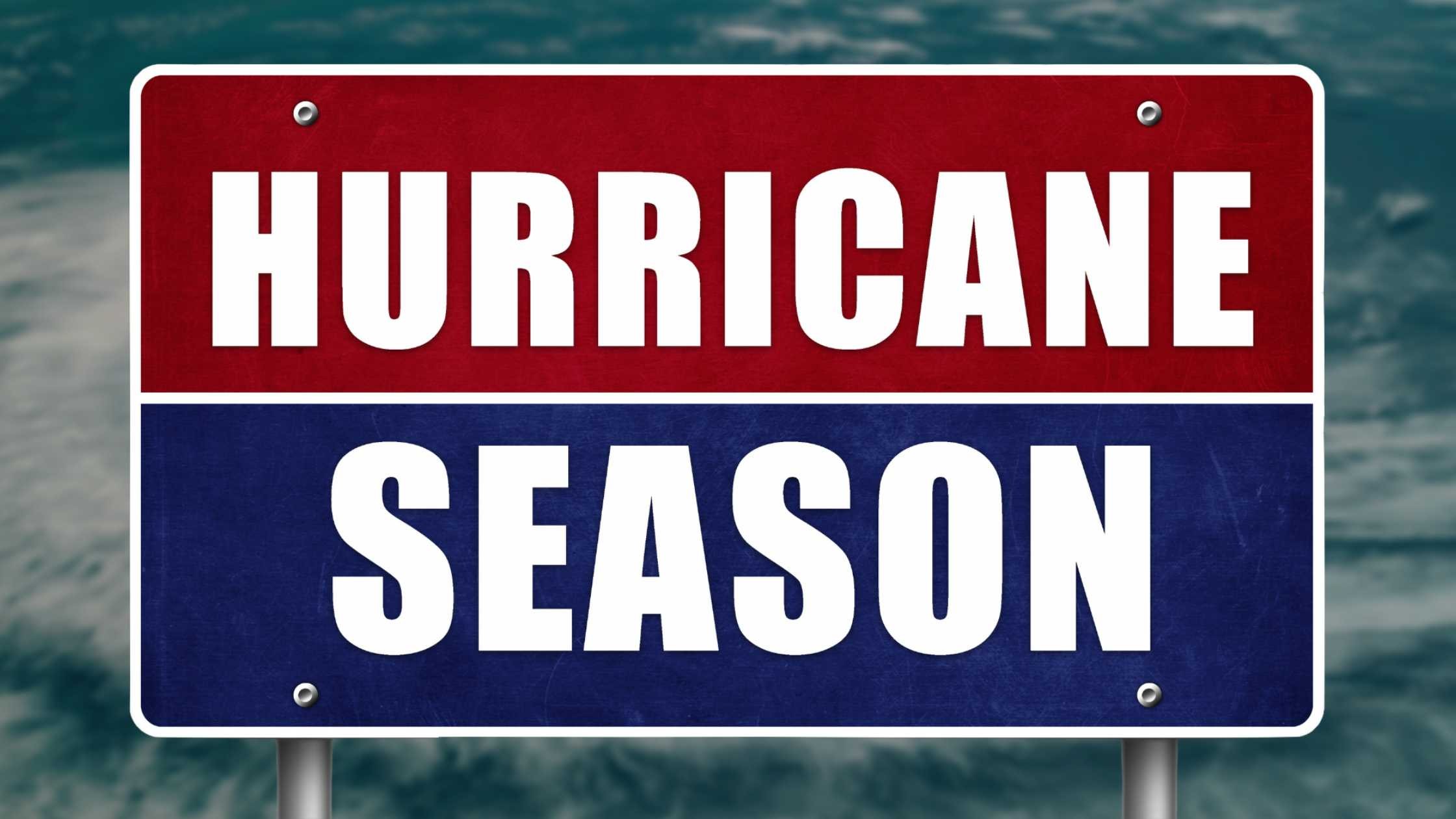White Oak Insurance Services (678-596-0113) can help you protect your home this hurricane season. Get expert tips with this guide!

Brace for Impact: How to Protect Your Home and Family During Hurricane Season
The National Oceanic and Atmospheric Administration (NOAA) predicts another active hurricane season is coming. Are you truly prepared for the powerful winds and heavy rainfall these massive storms can bring?
Across Georgia, residents still have vivid memories of the devastation caused by recent hurricanes. In 2018, Hurricane Michael slammed the state with severe flooding and caused over $100 million in agricultural damage alone. The year before, Hurricane Irma left over 1 million people without power.
Most recently, Hurricane Idalia hit Lowndes County hard in late August 2023. The storm brought damaging winds, heavy rain, and flooding that impacted nearly 1,000 homes in the county. Emergency management crews have been working non-stop to clear debris, restore power, and coordinate recovery efforts with state and federal officials.
This guide covers everything you need to know, from reviewing your insurance coverage to creating an evacuation plan. Below, we are sharing some insights from the How To Prepare for Hurricane Season guide provided on the White Oak Insurance Services website.
One of the most important hurricane prep steps is confirming you have adequate insurance to weather the storm's impacts. Contact a knowledgeable agent to review your homeowner's policy and address any coverage gaps before disaster strikes.
At a minimum, make sure you have the following:
Independent insurance agencies like White Oak Insurance Services can provide an in-depth policy review and help customize your coverage for maximum protection. Their experienced agents will walk clients through all the options.
In the aftermath of a hurricane like Idalia, an up-to-date home inventory can be instrumental in filing an accurate insurance claim and getting fairly reimbursed for damaged or destroyed items.
A written inventory listing all your possessions is ideal. Go room-by-room and record model numbers, serial numbers, purchase prices, and photos. Online inventory tools like Sortly and Encircle make it easy to catalog and share this vital information with your insurer.
Store paper copies of your inventory in a fireproof safe or bank safety deposit box. You can also back up digital inventories on a cloud storage service so they're accessible from anywhere.
A well-maintained home has a better chance of making it through a storm undamaged. Walk around the exterior and make sure:
Don't get caught off-guard if disaster strikes your area. The ideal emergency kit contains:
Keep these items together in backpacks or waterproof containers that are easy to grab if you need to evacuate. Maintain your kit year-round and refresh perishable supplies each hurricane season.
Pay close attention to hurricane forecasts and warnings in your area. Sign up for text alerts from local news and weather services. Follow official social media accounts like @NWSAtlanta for real-time updates.
Thanks to modern forecasting technology, experts can predict major storms days in advance with high accuracy. This gives you vital extra time to enact your hurricane plan as a storm approaches. Don't wait until the last minute to prepare.
Local officials will issue evacuation orders based on the latest storm predictions, so be alert for any warnings affecting your zone. Plan ahead where you will go and how you will get there if advised to evacuate.
Identify multiple routes out of town since main roads can become jammed and impassable. Connect with family or friends whose homes are located on high ground and unlikely to flood. Map out pet-friendly hotels along your route if needed.
When an evacuation is ordered, don't hesitate to go. Leaving early beats joining the mass exodus right before the storm hits. If possible, evacuate days in advance for major hurricanes.
This Atlantic hurricane season, which runs from June 1 to November 30, is expected to see above-average storms again. Now is the time to proactively boost your property's resilience and implement emergency plans.
White Oak Insurance Services has worked with many Georgia families to ensure they have the coverage they need before disaster strikes.
Contact them today to review your homeowner's insurance policy and see where your protection gaps may lie.
The White Oak Insurance Services team is always ready to answer questions, explain your options, and help you secure the right hurricane insurance for your unique situation.
Don't leave anything to chance this coming storm season. Contact them today to prepare your home and protect what matters most.
